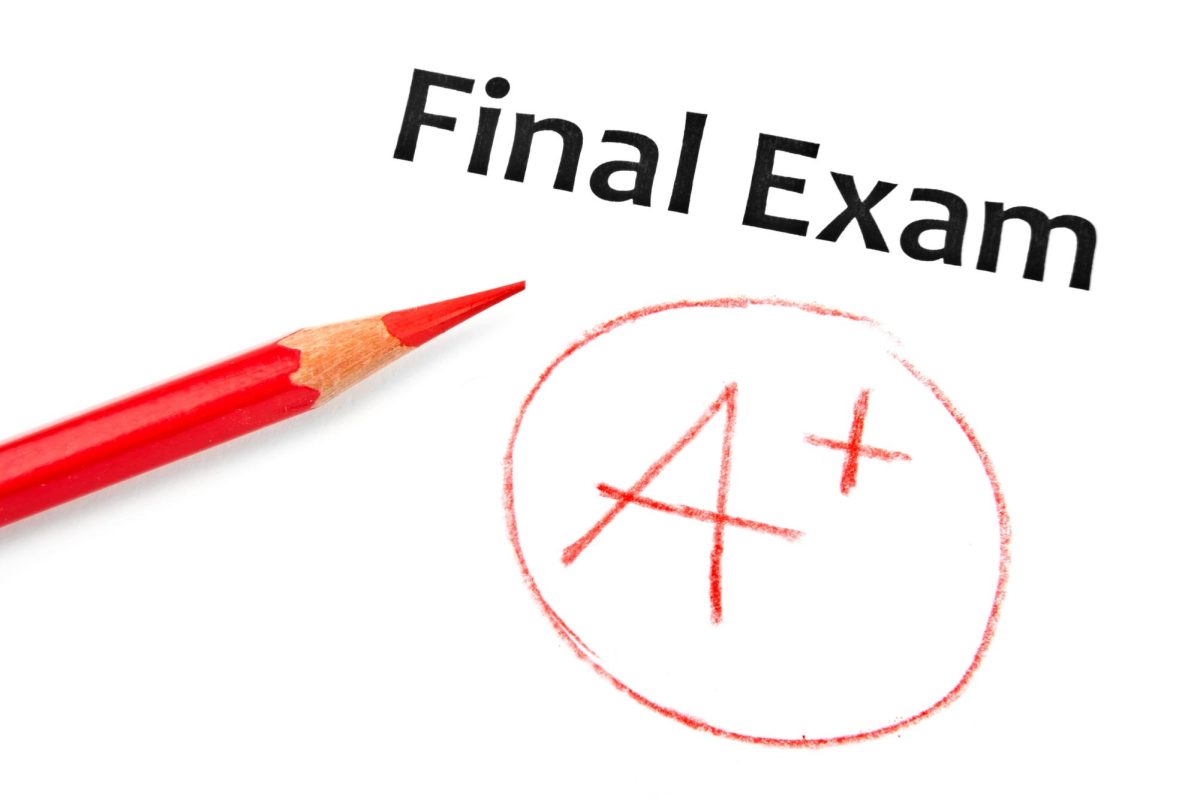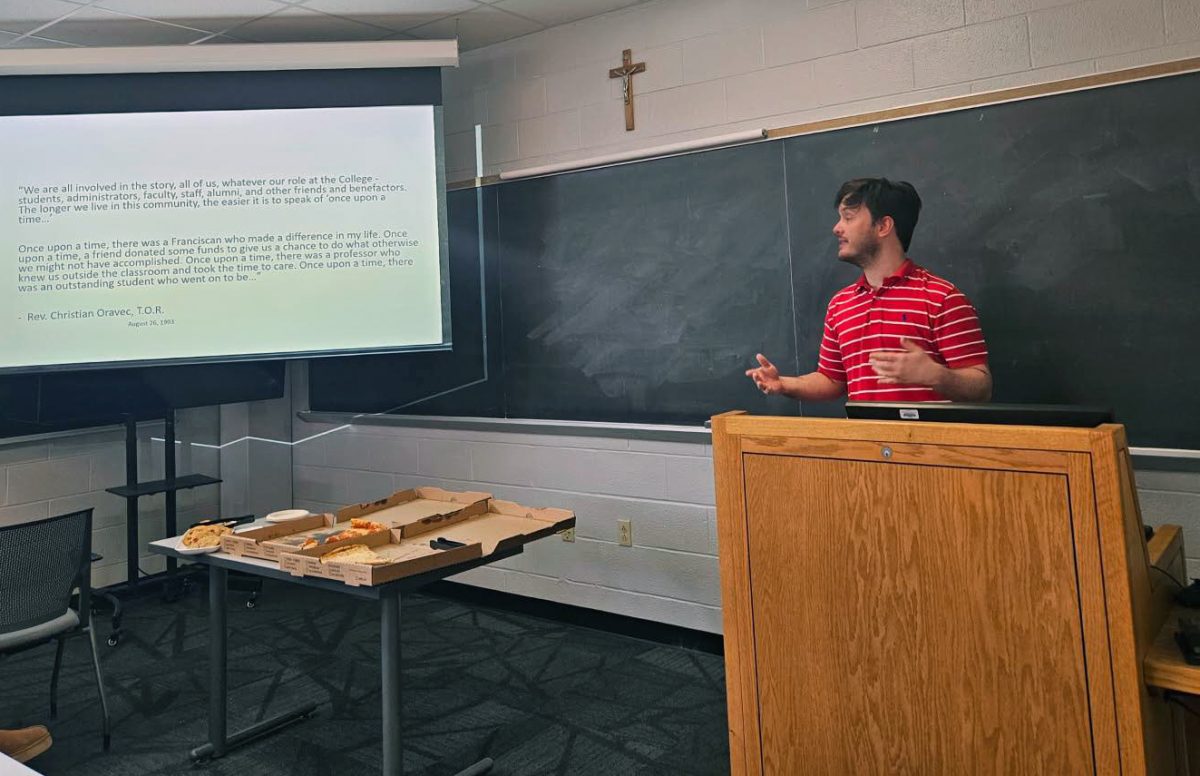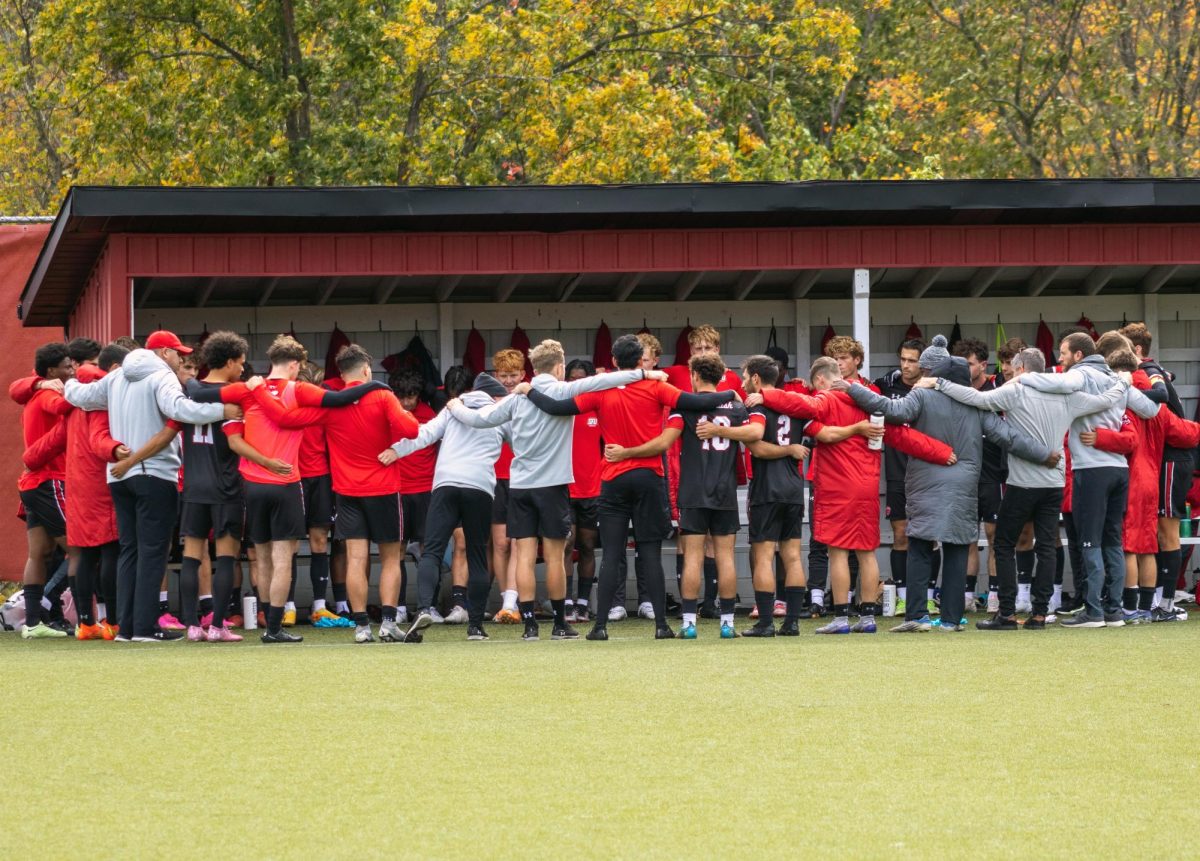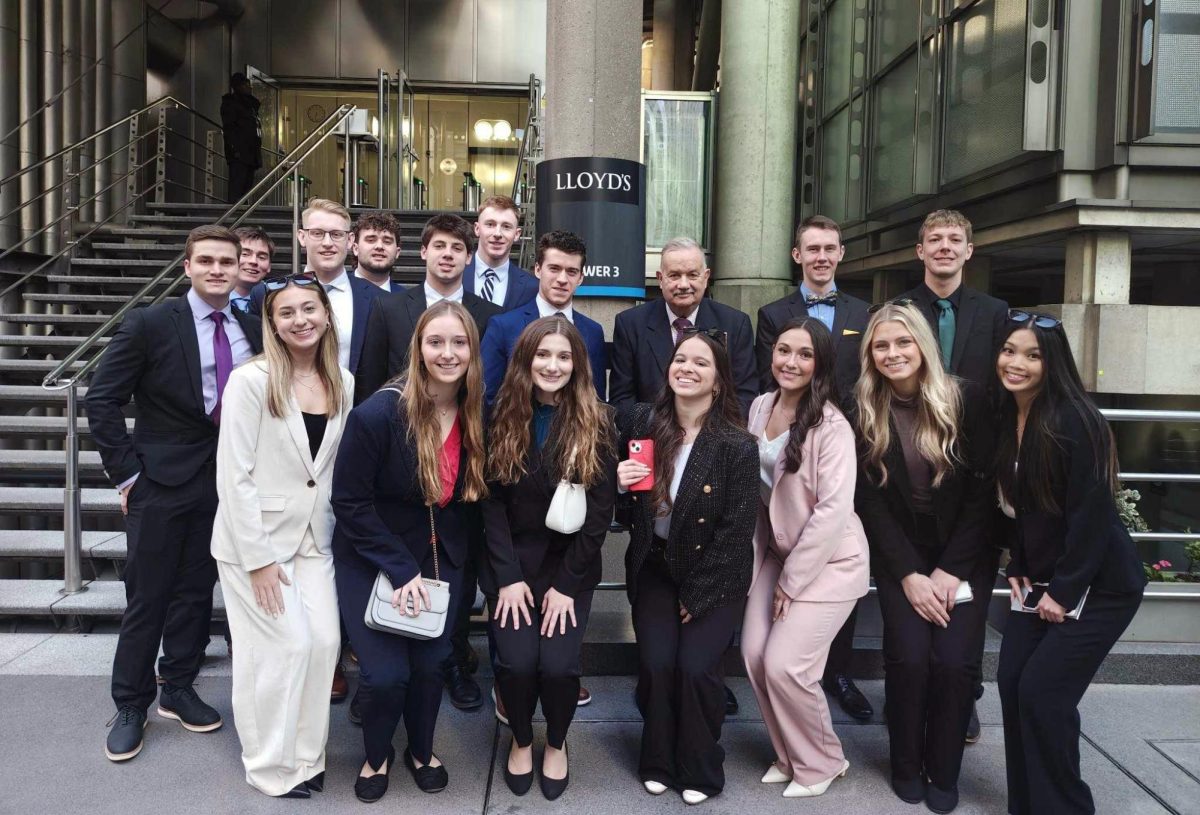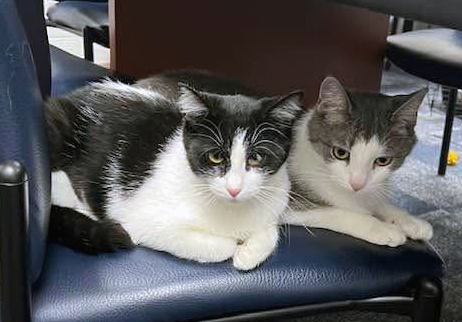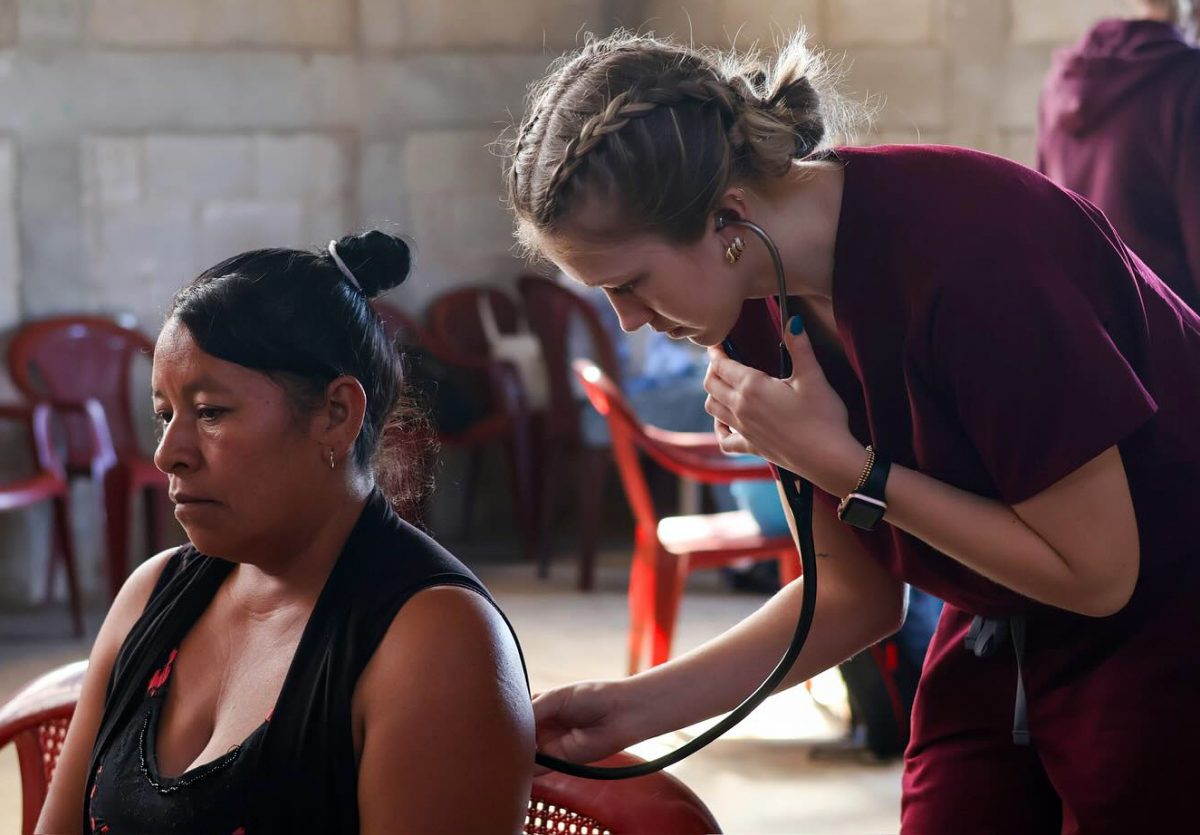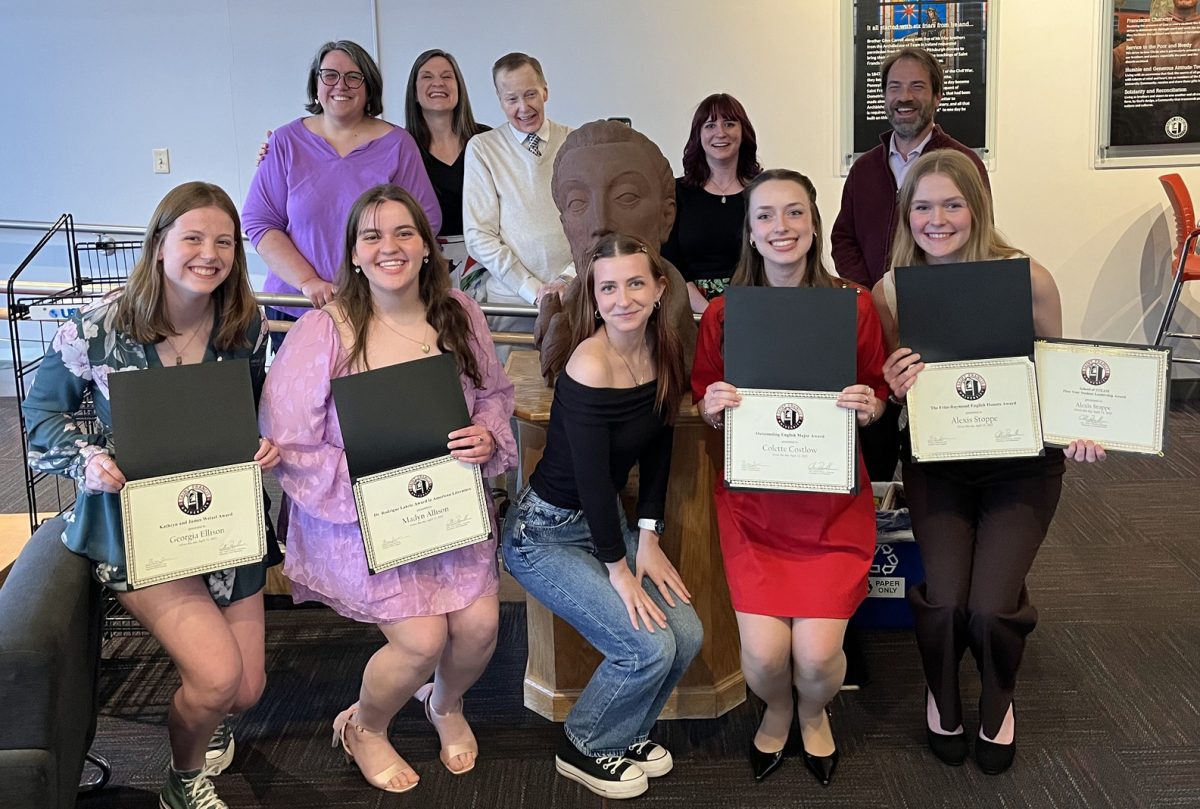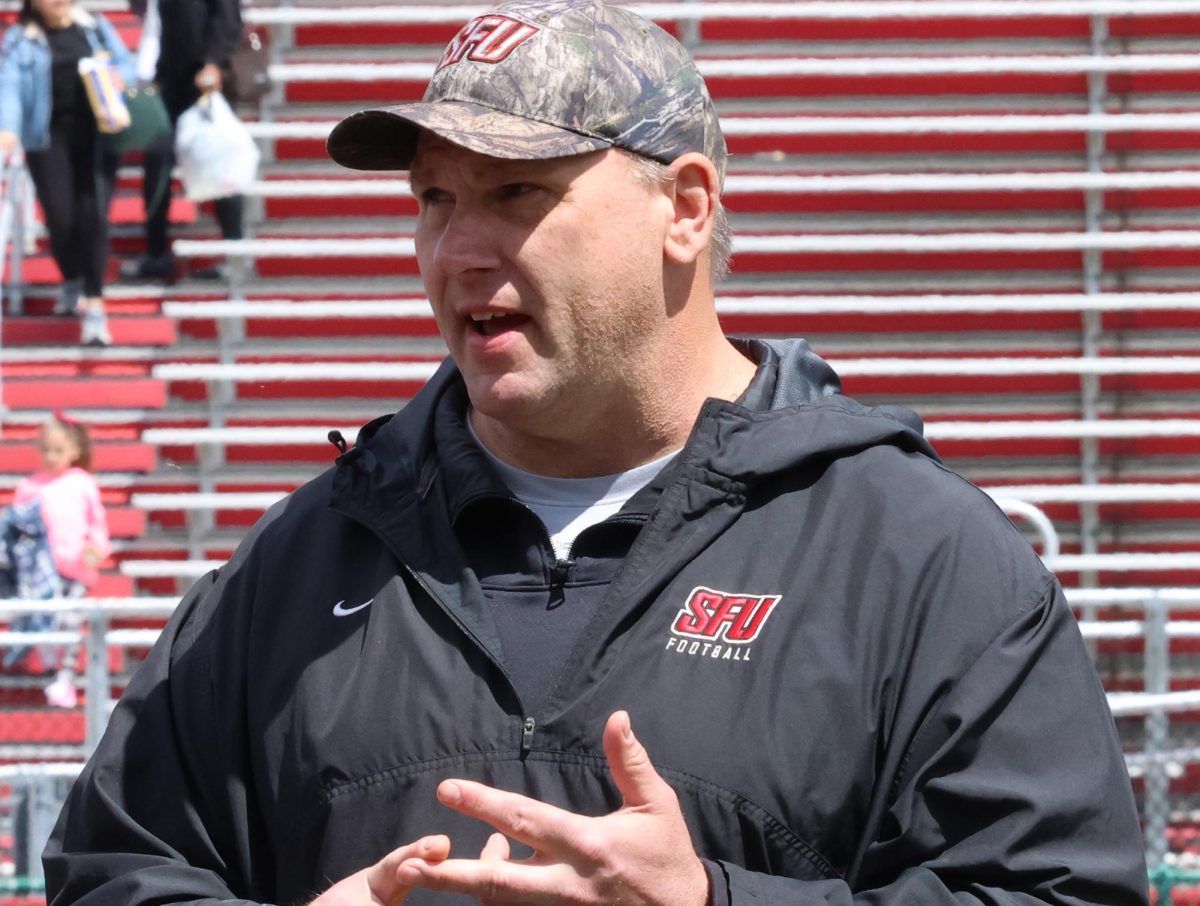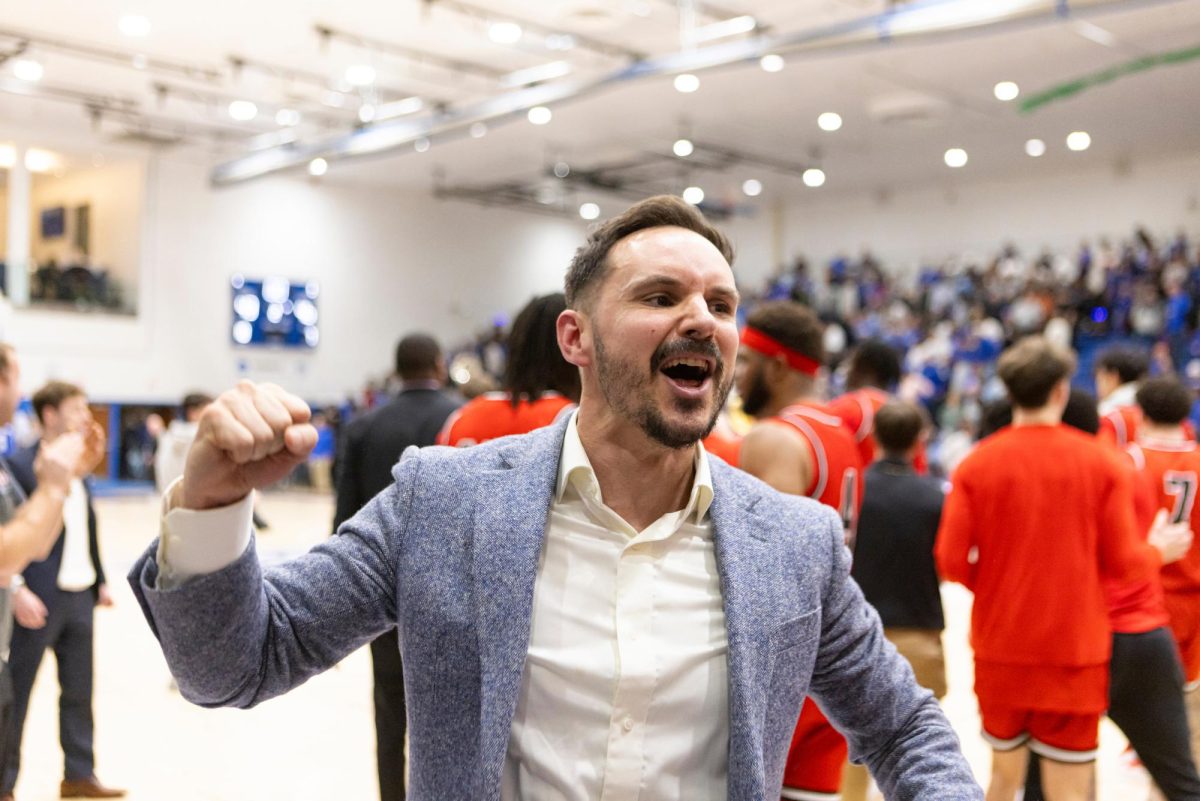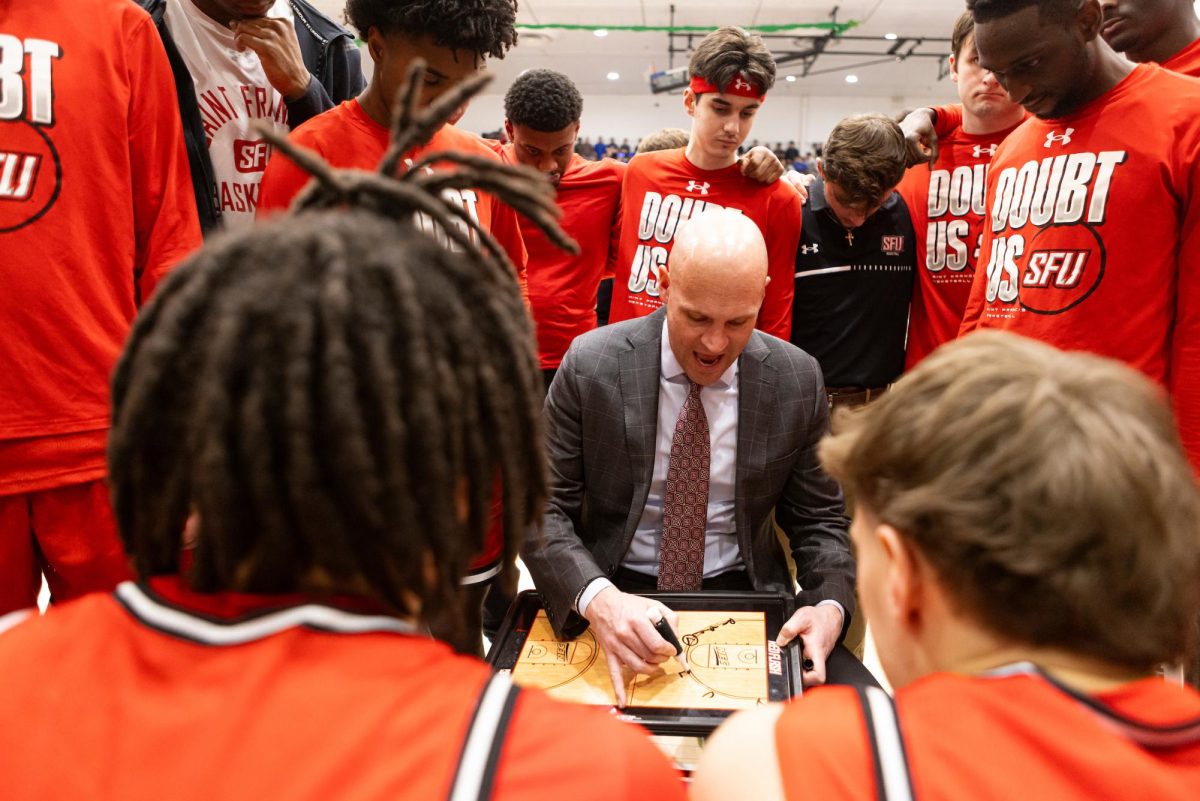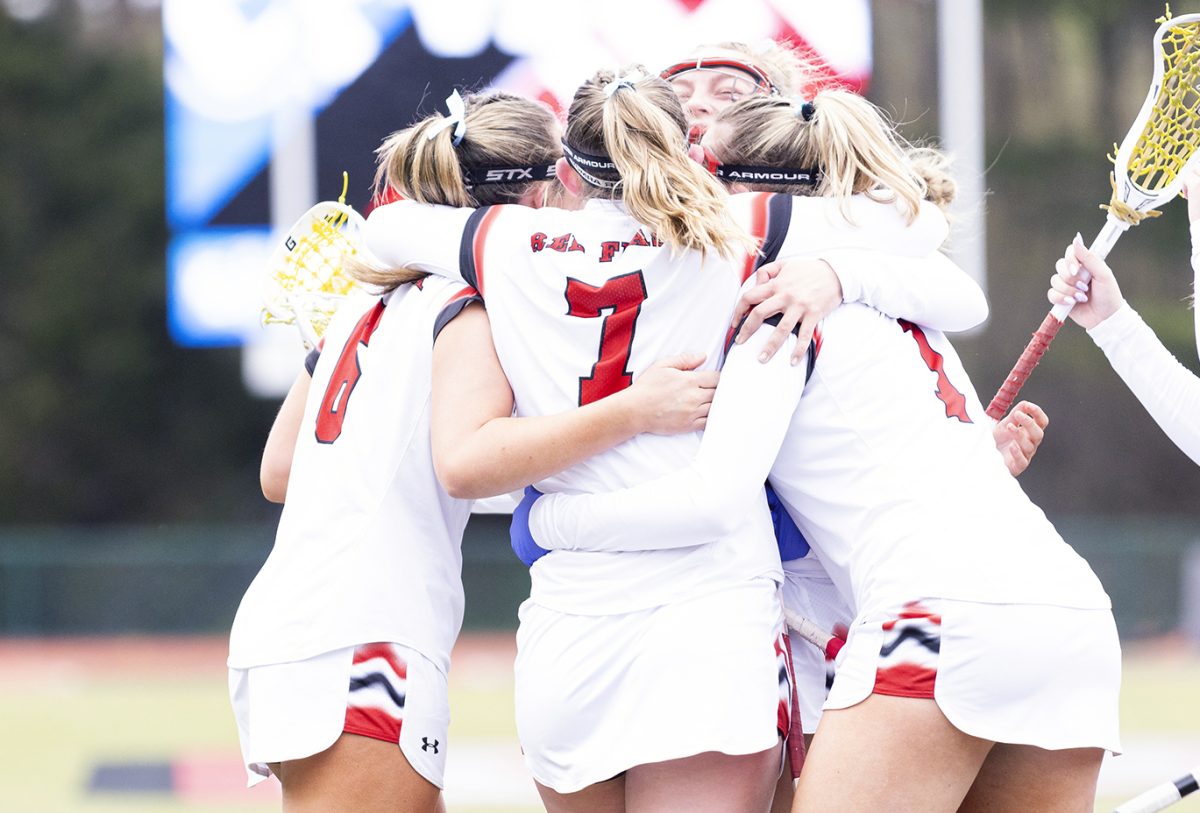When SFU junior Caleb DeBass took a sip out of a plastic bottle, little did he know that this simple act would pave the way to an initiative that would support healthcare professionals, patients and sustainability efforts.
A Biology/Pre-med major, DeBass realized that the bottle he was drinking from was made of polyethylene terephthalate (PET), a material used in 3D printing. That evening, he texted fellow SFU student Carson Elbin with a question: “Can we turn a plastic bottle into 3D printing filament?”
This question led to the formation of a company called “EcoPrint.” The company is the result of the collaborative efforts of DeBass, Elbin and fellow students Luke Lamb, Matthew Harris, Sophie Fusaro and Nate Poplos.
The group’s goal is to rewrite the script on sustainability by demonstrating that even the most common items can be turned into resources for disadvantaged communities.
“At first, the idea was just about free 3D printing filament because it is really expensive, especially for college students,” said Elbin.
“When we grasped this past spring that this could probably be done, I realized that we could help people if we wanted to AND recycle, since it would all come from plastic waste.”
After some research, Elbin and DeBass found others who had converted bottles into 3D printing filament. However, they wanted to find a unique approach that would fit their needs.
With the help of YouTube and Reddit, the duo started prototyping.
Elbin and DeBass constructed a machine called “MARC-I” in Elbin’s garage during finals week last semester. The machine strips a plastic bottle into ribbon, which is then passed through heat and transformed into filament that can be used in a 3D printer.
Seeking guidance and support from PA Associate Professor Carrie Beebout, Dean of the School of STEAM Pete Skoner and Biology Associate Professor Irene Wolf, the students realized that they could do more than just reduce plastic waste on campus.
They decided they wanted to help SFU’s Physician Assistant Sciences Department prepare for its mission trip to Guatemala.
“We talked to Dr. Beebout and said that we could turn plastic bottles into toys for the kids in Guatemala that would all be for free,” said Elbin. “Dr. Beebout said that what she really needed were medicine bottles, since the bottles are really expensive individually.”
To make 250 medicine bottles, Elbin and DeBass reached out to local churches, hospitals and community centers for bottle donations. The group collected more than 7,000 bottles, which were then transformed into hundreds of medicine bottles and toys.
This semester, DeBass and Elbin presented their initiative to SFU President Fr. Malachi Van Tassell and Frank Montecalvo, Vice President for Innovative Partnerships and Student Development. The two set the group up with meetings with SFU’s Office of Marketing and Communications. The University’s Physical Plant is also working to collect bottles around campus for EcoPrint.
Other SFU faculty and students have noticed the efforts of this entrepreneurial group. Wolf and Biology Assistant Professor Katharine Criswell have supplied the group with a lab bench and assisted the students in acquiring some funding.
Now the group is striving to find ways to recycle single-use laboratory waste, taking another step toward making the labs at Saint Francis more environmentally friendly.
In addition to their work at SFU, the group is working to share their innovation with other universities. They hope to continue their efforts to make labs plastic-neutral, while addressing the issue of campus-wide waste.
“We didn’t think we would get this far,” said DeBass.
To learn more about EcoPrint visit their website,
Follow them on Instagram @ eco.print3d.

